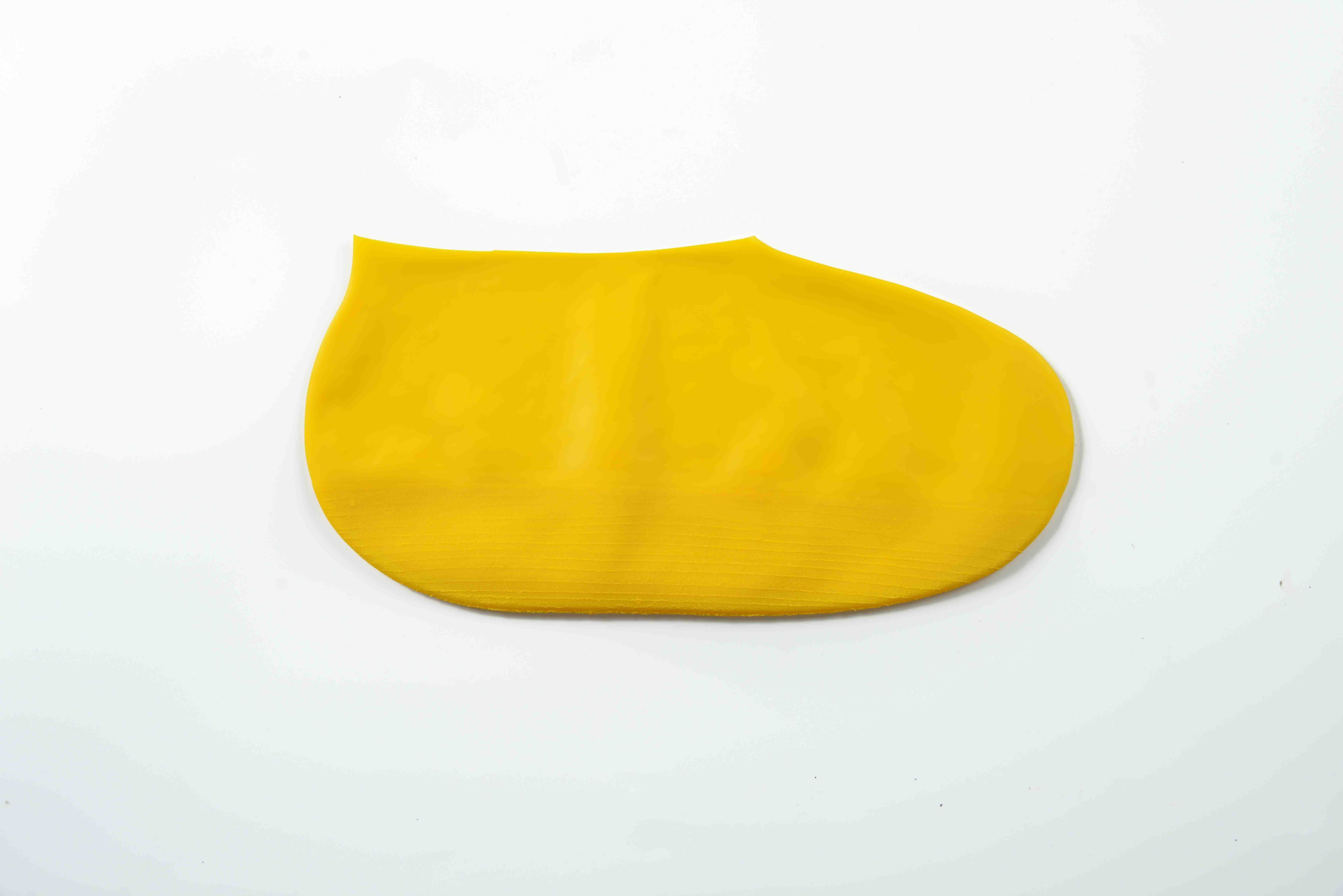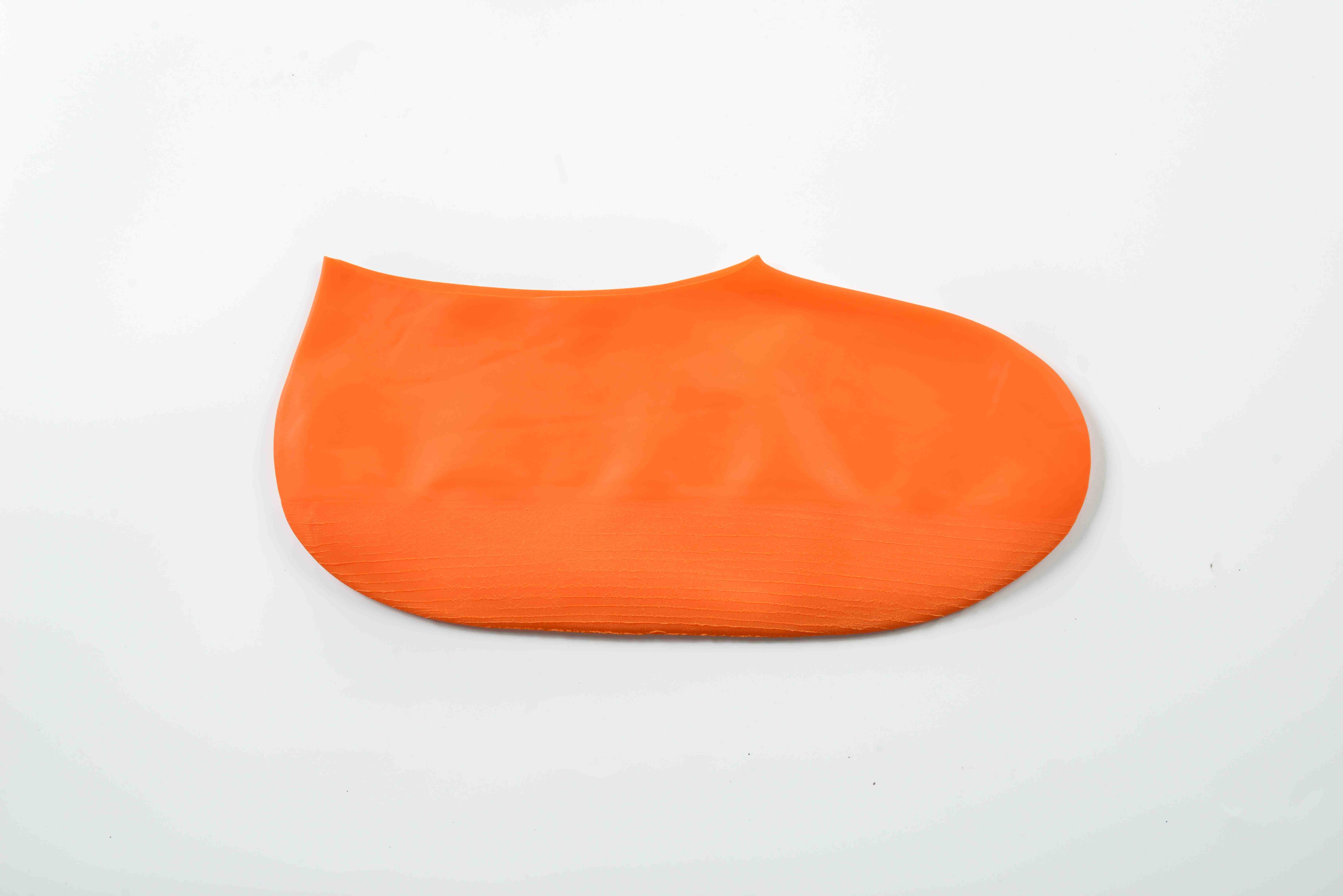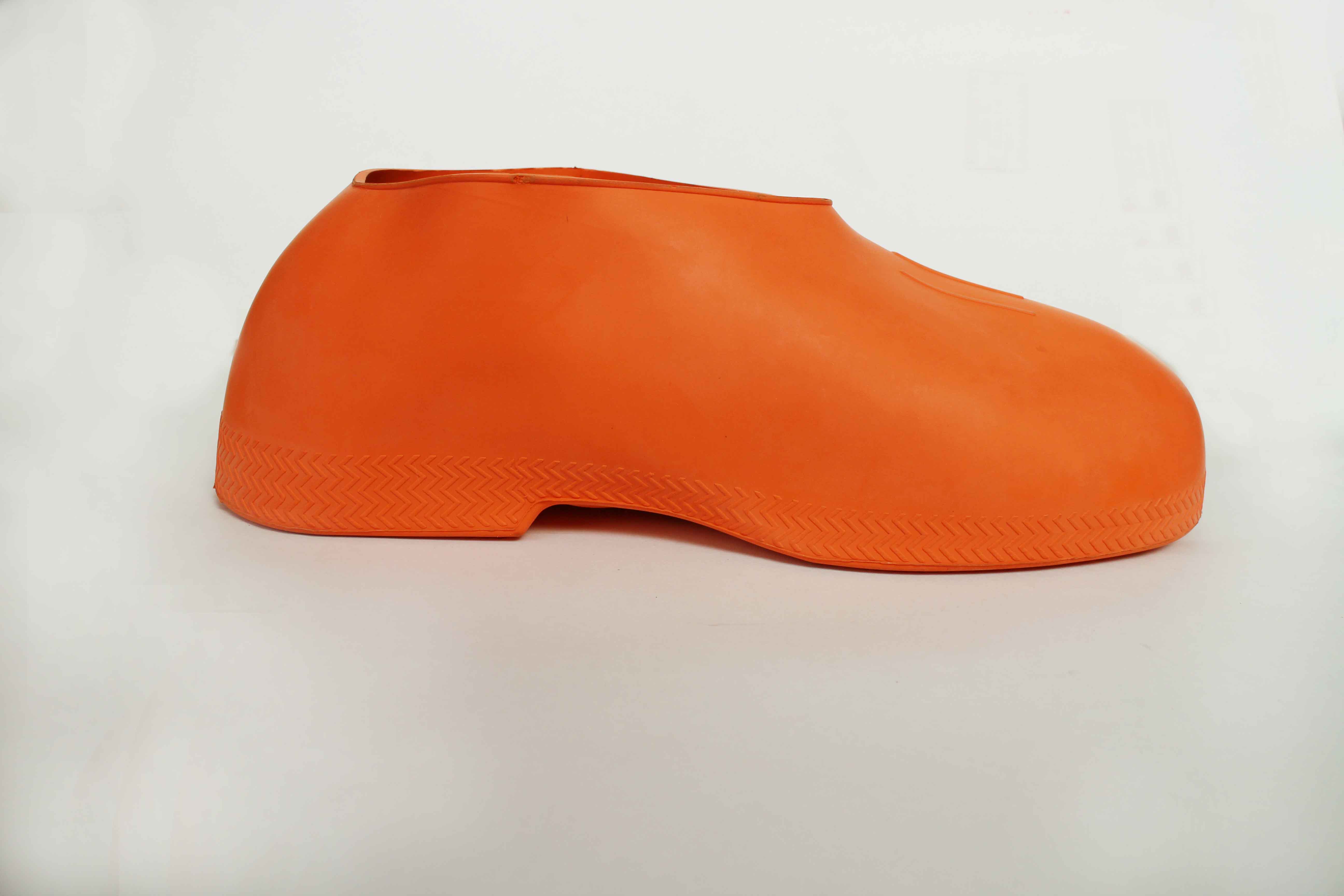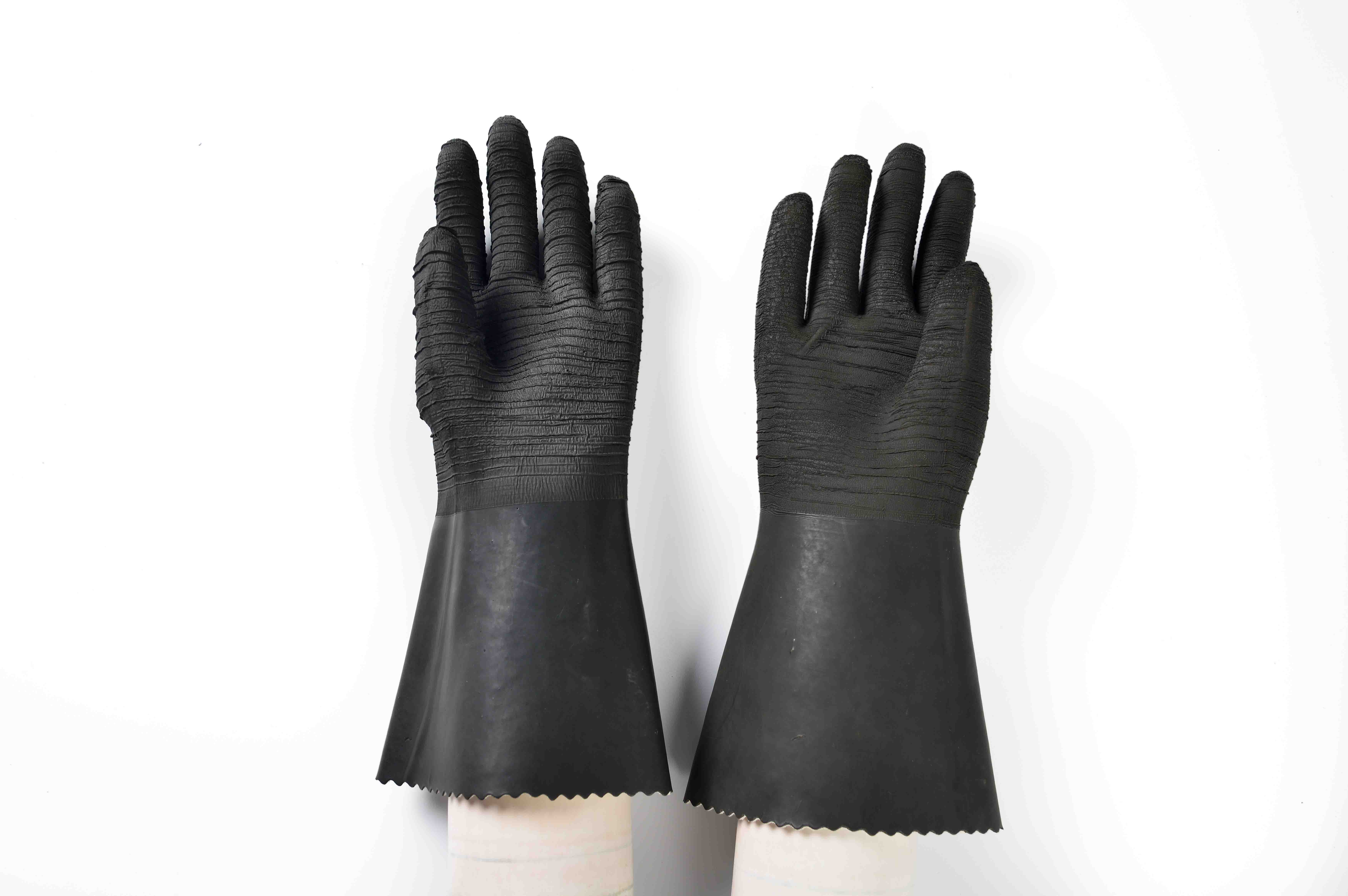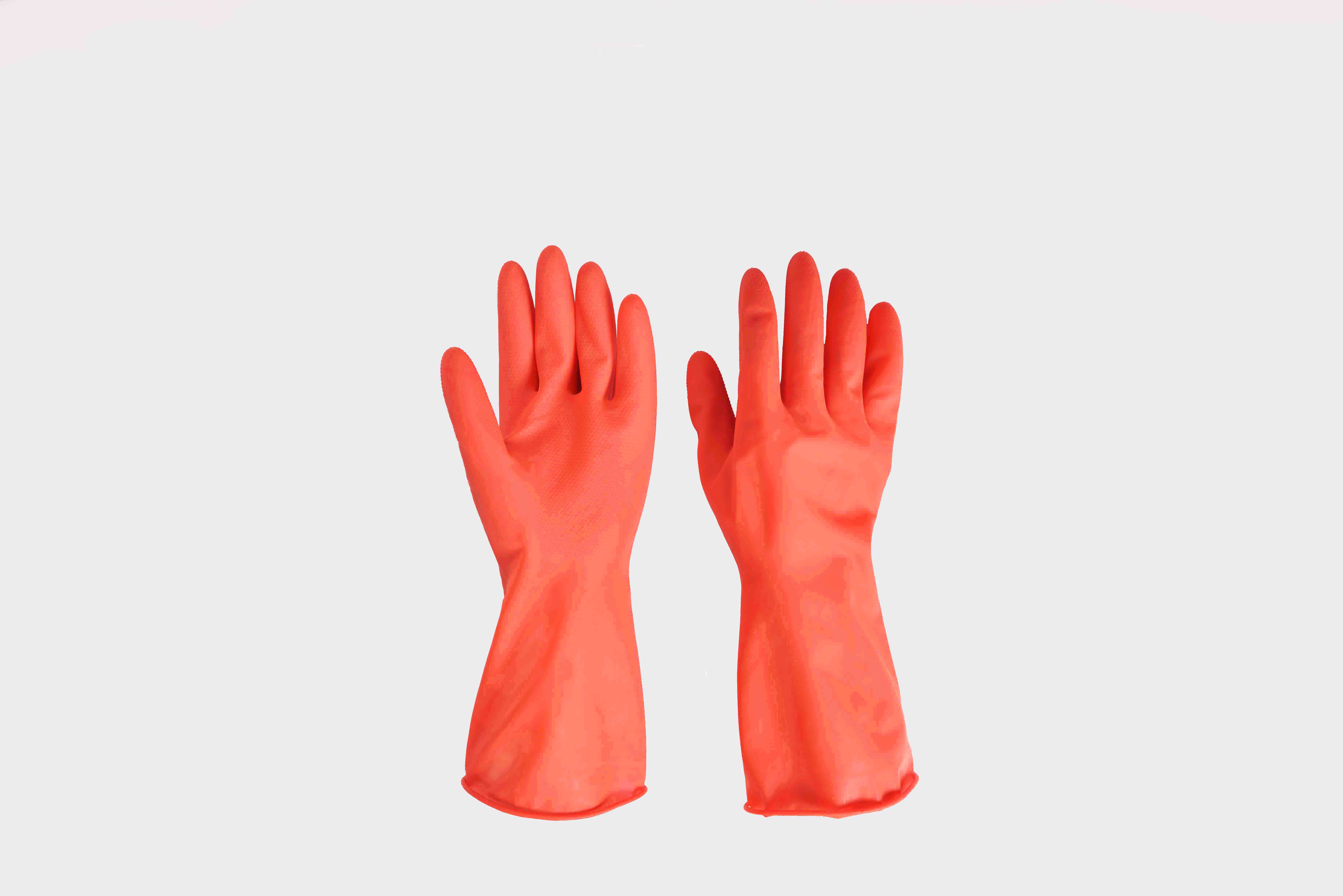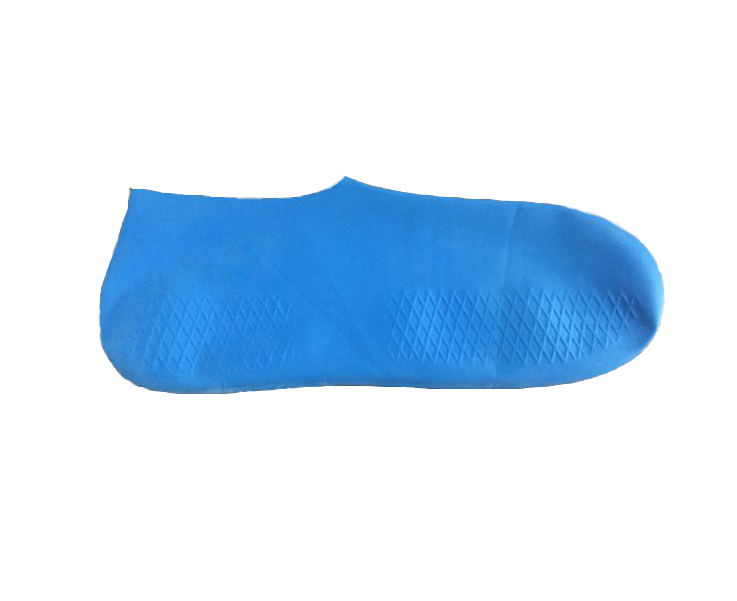Professional China Rubber shoe cover-M sale to Cannes
Short Description:
Rubber shoe cover, made of 100% natural rubber, wrinkling sole for slip resistance, water proof, good elasticity, good resistance against acid and alkali, non-toxic, No stimulating smell. They can be widely used in industry, agriculture, food processing, etc. 4 sizes. Different colors are available. Package: 100 pairs/case.
Product Detail
FAQ
Product Tags
we thinks What customers think, the urgency of urgency to act in the interests of a customer position of principle, allowing for better quality, lower processing costs, prices are more reasonable, won the new and old customers the support and affirmation Professional China Rubber shoe cover-M sale to Cannes, We are sincerely welcome good friends from numerous circles at dwelling and abroad come to cooperate!
Rubber shoe cover, made of 100% natural rubber, wrinkling sole for slip resistance,
water proof, good elasticity, good resistance against acid and alkali, non-toxic, No stimulating smell.
They can be widely used in industry, agriculture, food processing, etc.
4 sizes. Different colors are available. Package: 100 pairs/case.
FAQ Content
http://www.manner-model.com.pl/prod.php?lang=pl&fs=465
http://www.manner-model.com.pl/prod.php?lang=en&fs=465
Pls contact us via email : con@weidajixie.net, or see more on www.weidajixie.net
Pls tell me that you know us from YOUTUBE.
Thank you!

